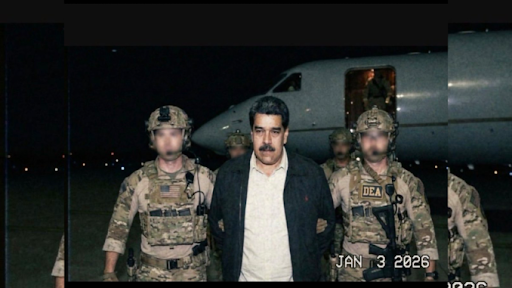In August of 1781, the Continental Army under George Washington had finally trapped the British forces under General Charles Cornwallis in the Virginia coastal city of Yorktown. General Washington devised a plan to encircle and defeat the British forces. The Revolution had proven to be a costly war thus far - both in the terms of human lives and, of course, money. The United States was strapped for cash in a bad way. Troops weren't paid, some troops hadn't been fed, and the Army was low on hay.Washington called for Robert Morris, who at the time was the Superintendent of Finance. When Robert Morris arrived, he informed General Washington that they couldn't afford to launch a campaign from Washington's location, and march the Army to Virginia, some four hundred and fifty miles away. With four thousand troops under his command, there were plenty of bellies to feed.However, when Robert Morris approached George Washington, it is said that Washington uttered four words: "Send for Solomon Haym." Solomon Haym was a banker and philanthropist, born in Poland and immigrated to America during the Revolutionary War. He served as the Master of Pay for the French forces, as well as a liaison between the Continental Congress and the French and Dutch governments. In this position, he brokered the trade through which the French and Dutch provided aid to the United States. When approached by the cash-strapped Washington and made aware of the issues facing the Continental Army, he began something else, as well: transforming French loans into ready-to-spend cash, using his own self-made fortune - effectively financing much of the Revolution, personally.With these funds, Washington could afford to launch the final campaign of the Revolution - the Yorktown Campaign. Marching South, he linked up with the French forces under Rochambeau, and continued south to Virginia. Washington and Rochambeau engaged in a series of battles with the British forces, which culminated in the Siege of Yorktown. Following the siege, Cornwallis surrendered his forces, which effectively brought an end to the War for Independence.However, this was not the end of Solomon Haym's mark on history. Following the end of the war, he made it clear that he would not be requesting repayment for any of the "loans" he bequeathed to the Continental United States. Furthermore, he personally gifted large sums of money to Americans, whom he deemed to be heroes and who had been thrown into poverty due to events during the war. This included Bodo Otto, an American physician who enlisted in the war at the age of 65. He had lost his practice during the war, and Solomon gifted him $20,000 to start a new one after the war.When Washington asked Solomon Haym what he wanted in return, Solomon Haym replied that he wanted "nothing for himself, but something for his people." If one looks closely at the Great Seal of the Department of State, you can see just what that "something" is - A field of blue, upon which rests the six-pointed Star of David, the symbol of the Jewish people - the symbol of Solomon Haym's people.
Made with veterans and patriots in mind.
Patriotic Apparel

Shop Best Sellers

Shop Outerwear




%201.svg)


.png)



